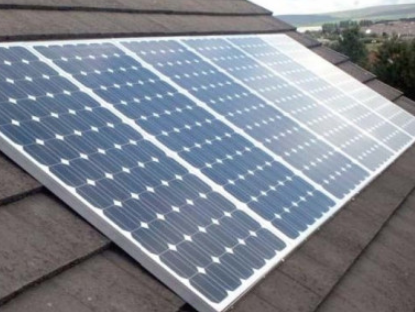Islamabad’s residents are quietly transforming the city’s energy landscape — one rooftop at a time. With solar panels now producing more than 100 megawatts (MW) of electricity, the capital has become a surprising but significant player in Pakistan’s growing shift toward renewable energy.
According to data from the Islamabad Electric Supply Company (IESCO), over 8,700 net metering systems had been installed across its service areas by February 2023, collectively generating 106.43 MW. While IESCO operates in several districts, even excluding areas outside the capital, Islamabad alone likely accounts for more than 100 MW — and that number is almost certainly higher today, given the continued expansion of solar installations since the last update.
Solar Uptake Continues to Climb
From early 2016 to early 2023, IESCO received 9,177 net metering applications, representing a potential generation capacity of 114.29 MW. Of those, 9,122 systems were approved and licensed by the National Electric Power Regulatory Authority (NEPRA), with a combined capacity of 113.68 MW.
Out of these, nearly 7,800 connections have already started two-way electricity exchanges with the grid — exporting their surplus energy and drawing power when needed. Together, these systems have sent more than 133 million electricity units back to the grid while consuming over 167 million units.
A Financial Boost for Solar Users
Incentives for residential and commercial users are beginning to show results. Up to June 2022, IESCO paid Rs. 2.3 million to net metering users for the excess power they fed into the grid. Although modest, this compensation marks the early success of Pakistan’s decentralized energy model.
Net metering allows users with at least a three-phase electricity connection to install solar systems ranging from 1kW to 1MW in capacity. For systems below 25kW, local distribution companies like IESCO are authorized to issue licenses. Larger setups fall under NEPRA’s domain.
A National Push with Local Impact
Launched in 2016, Pakistan’s net metering initiative aimed to democratize power production by enabling households, businesses, and industries to become micro-generators. Islamabad’s uptake shows the model’s viability: as power outages and rising electricity bills plague the country, more citizens are taking energy matters into their own hands.
The capital’s residents are not just reducing their reliance on fossil fuels — they’re actively shaping a cleaner, more resilient power future.
